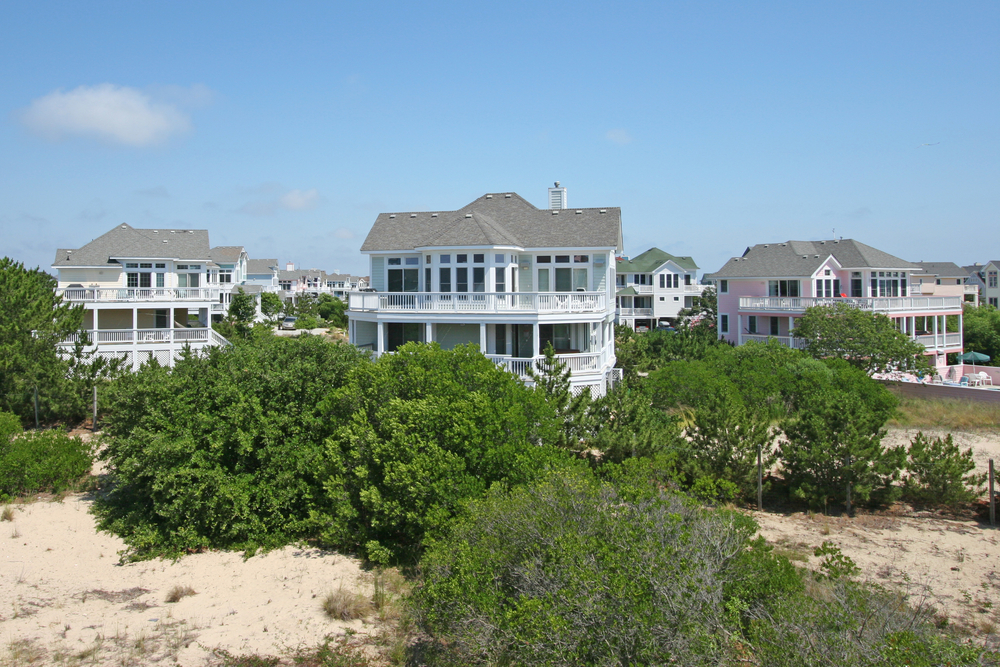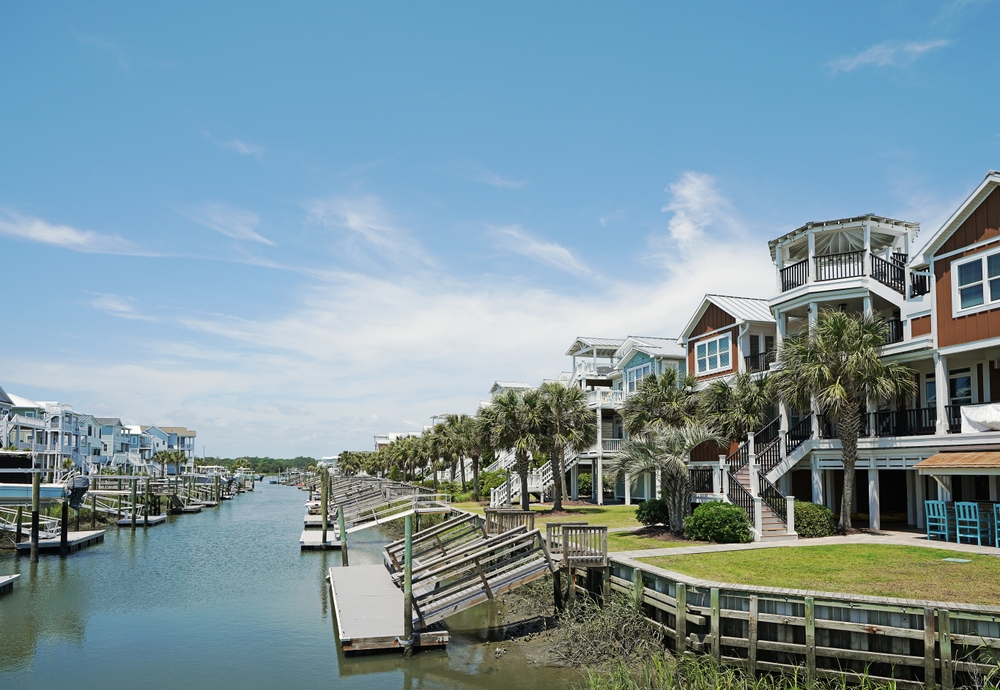A beach house sounds easy-breezy. A picturesque setting, incredible views, dolphin sightings, seafood, and ocean tranquility — what else could you ask for in a home? Well, when you’re preparing to purchase a beach house, there are certain factors you might not normally consider during the standard homebuying process. From location to proximity to other costs and incentives, here’s everything you should know before you buy a beach house.
Weather Conditions
Living close to the beach means you may be in an area that experiences floods and hurricanes. Consider the home’s flood zone when searching for a house and check the house-building materials before signing any official paperwork. Don’t forget about flood insurance protocol, which might be your first time hearing about it if you’ve always lived inland.
Living by the beach may mean higher temperatures and more humidity. Temperatures will impact utility costs as well as require an investment in outdoor furniture and gardening. While sunrises and sunsets over the water are beautiful, you don’t want to worry about floods.
Not all beach homes are in warm climates. For example, the Northeastern coast is colder than, say, the Miami coast. Northeastern cities are also probably less expensive than populated and popular cities well known for their tourism, such as Fort Lauderdale, Naples, and Destin.
Beachfront vs. Beach Town

Even though a home is listed as a beach home, you need to verify its actual proximity to water. Some listings advertise that a home is adjacent to the beach when in reality you need a car to dip your feet in the water. Then, there’s beach parking availability to consider as well. The public will be eyeing every single spot on your block depending on the zoning, and you might not be able to easily leave or drive back to your home on holidays.
If you’re situated on the beach, the public can see your backyard on a daily basis, which would impact your privacy and put you at a higher risk safety-wise. You’ll most likely have a larger home if you’re not directly by the water, as these houses typically sell for a premium.
Home Construction
The construction and foundation of a beach house, as well as the layout of the property, are the main factors to keep in mind. Some beach homes will look different than your regular home, as they’re built on stilts, but this is a benefit when considering flood risks for your new property. Your home should also be built out of wind- and flood-resistant materials and those that can withstand heavy rain and high temperatures. Concrete is considered the most durable material for beach home construction as opposed to wood.
Roofs are also another feature that should be verified when buying a beach home. Roofs are expensive, so make sure you’re seeking homes with newer, more durable roofs, or factor the replacement into your negotiations if needed. Metal roofs are your best bet for coastal homes because they’re highly wind-resistant and can help with flood risks as well.
Rental Income
If you’re not planning to live at the beach full time, then factoring in a rental income is a great way to subsidize your mortgage costs. Because you’re going to be in a sought-after location, you should have an easier time renting out your property and getting more money for your house than if you were inland.
One-bedroom condos and homes are tougher to rent out. Some units and developments have certain rental rules and regulations, such as rental duration, noise limits and curfews, guests’ use of amenities, and so on. Verify all of the fine print before deciding on your beach home.
Home Insurance

Insurance rates for beach homes are no joke. Homeowners insurance by the beach is higher than in other areas farther away, and flood insurance is another investment you have to factor in. You can connect with a local insurance agent about insurance rates and quotes. It’s always smart to shop around, as certain providers can significantly vary depending on the city and state you’re located in.
If you’re considering renting out your home, that’s another insurance to keep in mind. You want to make sure any losses that you’d incur from your renters would be covered by your insurance and not paid for out of your own pocket.


